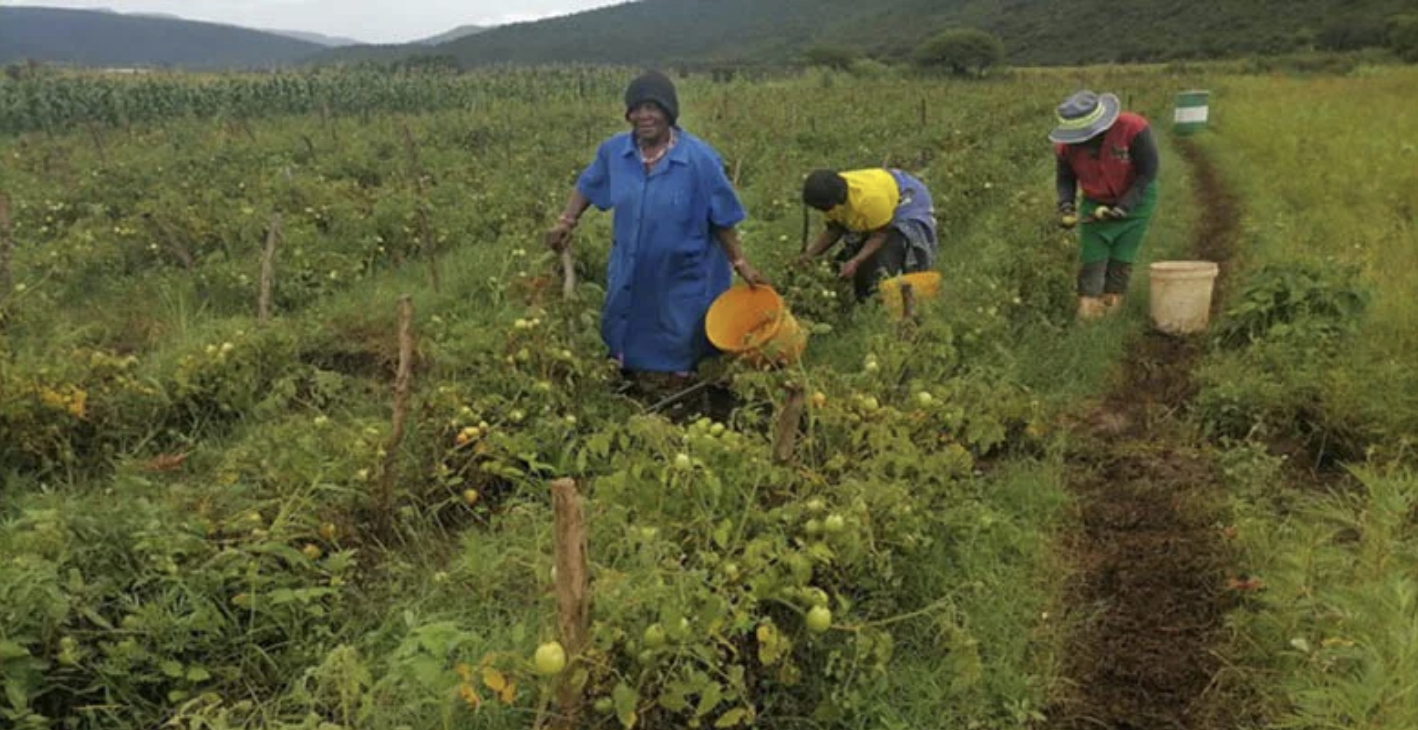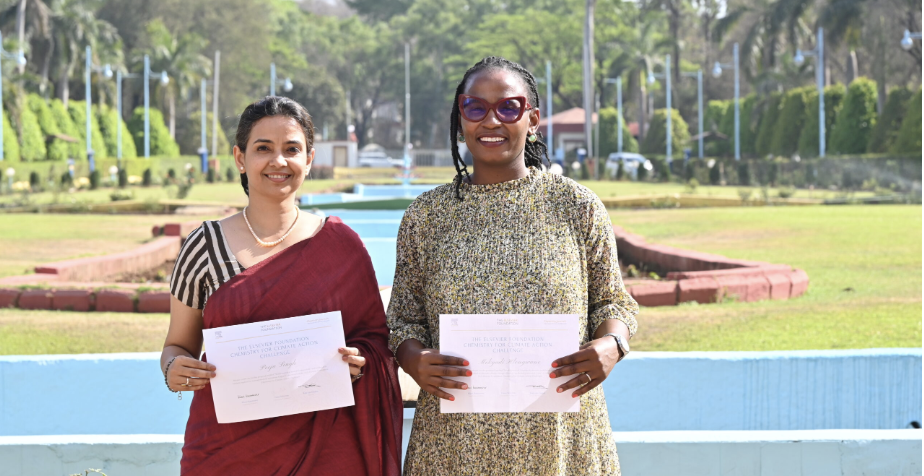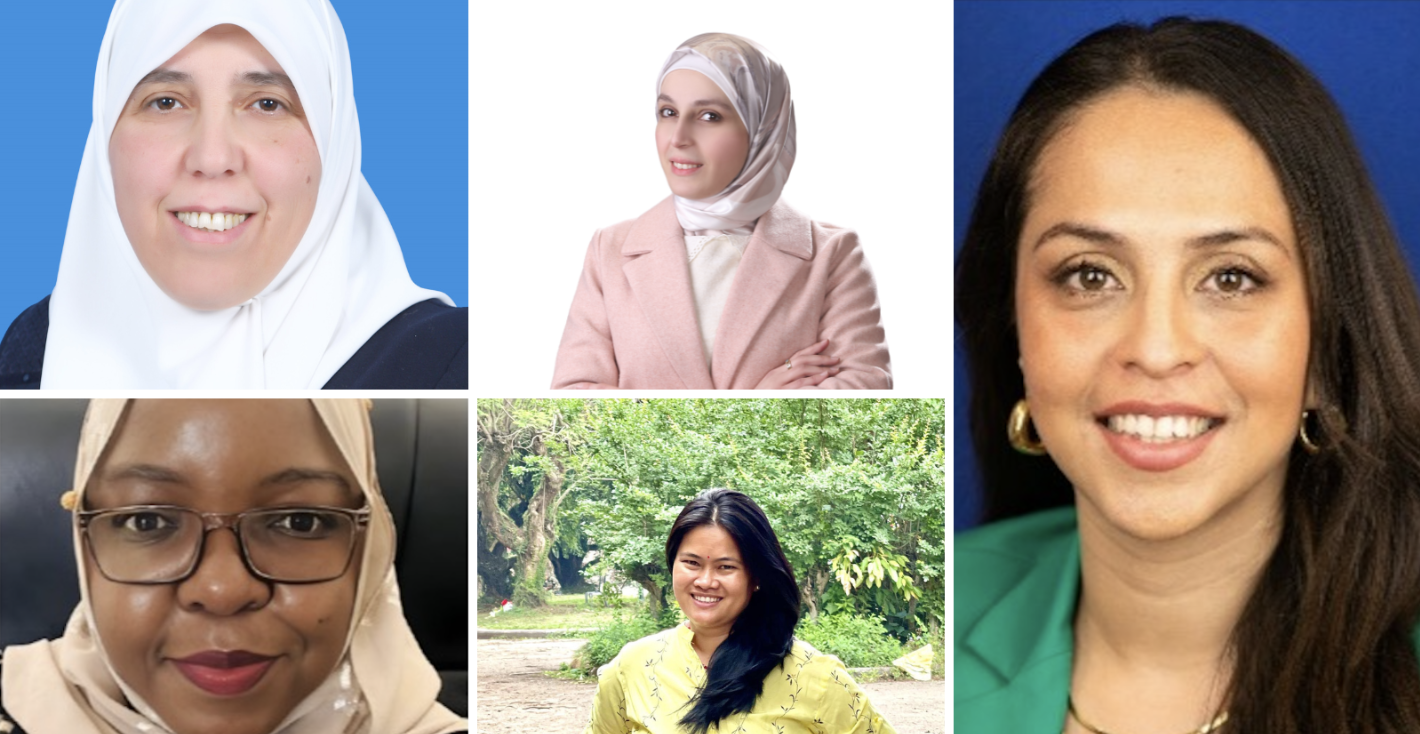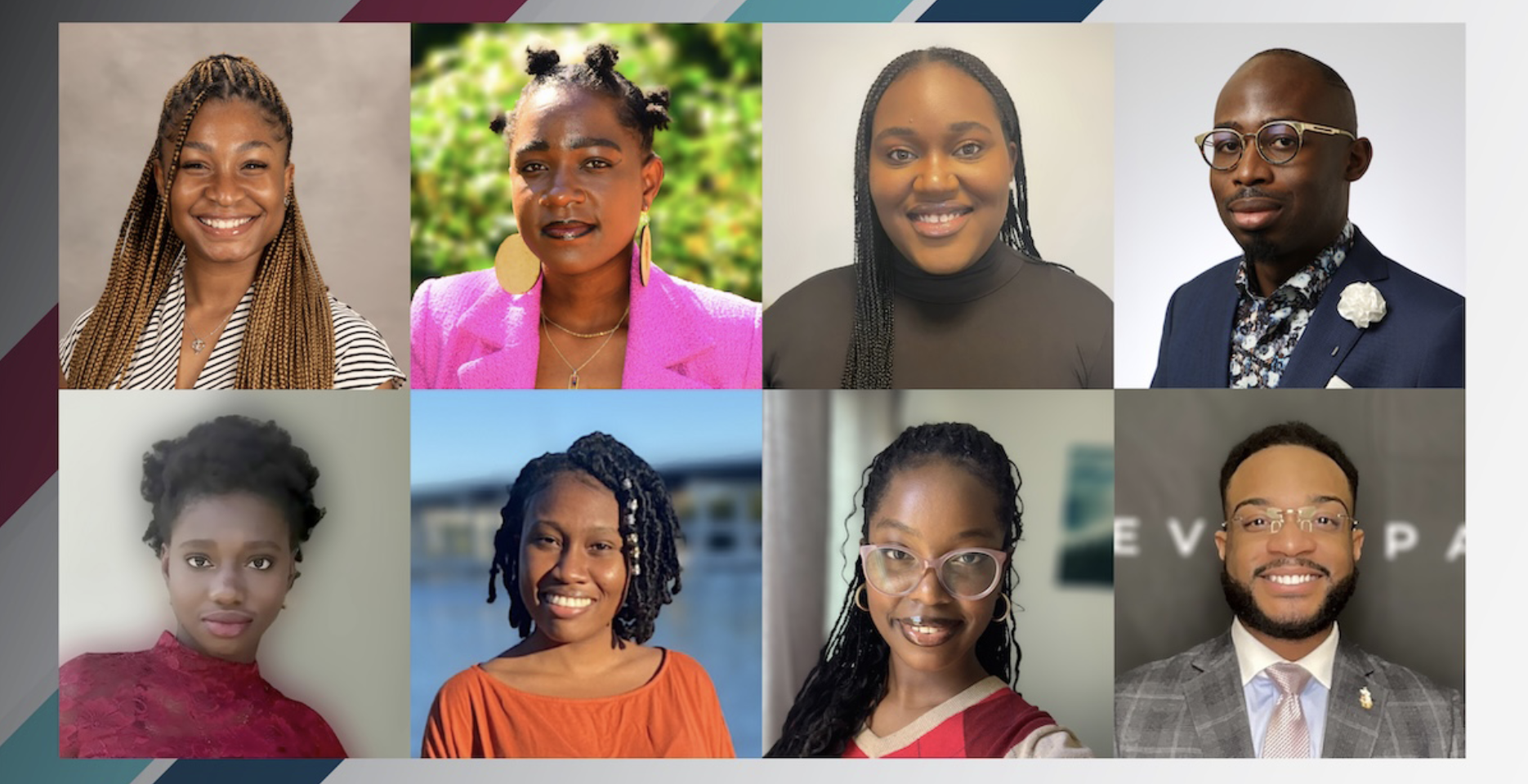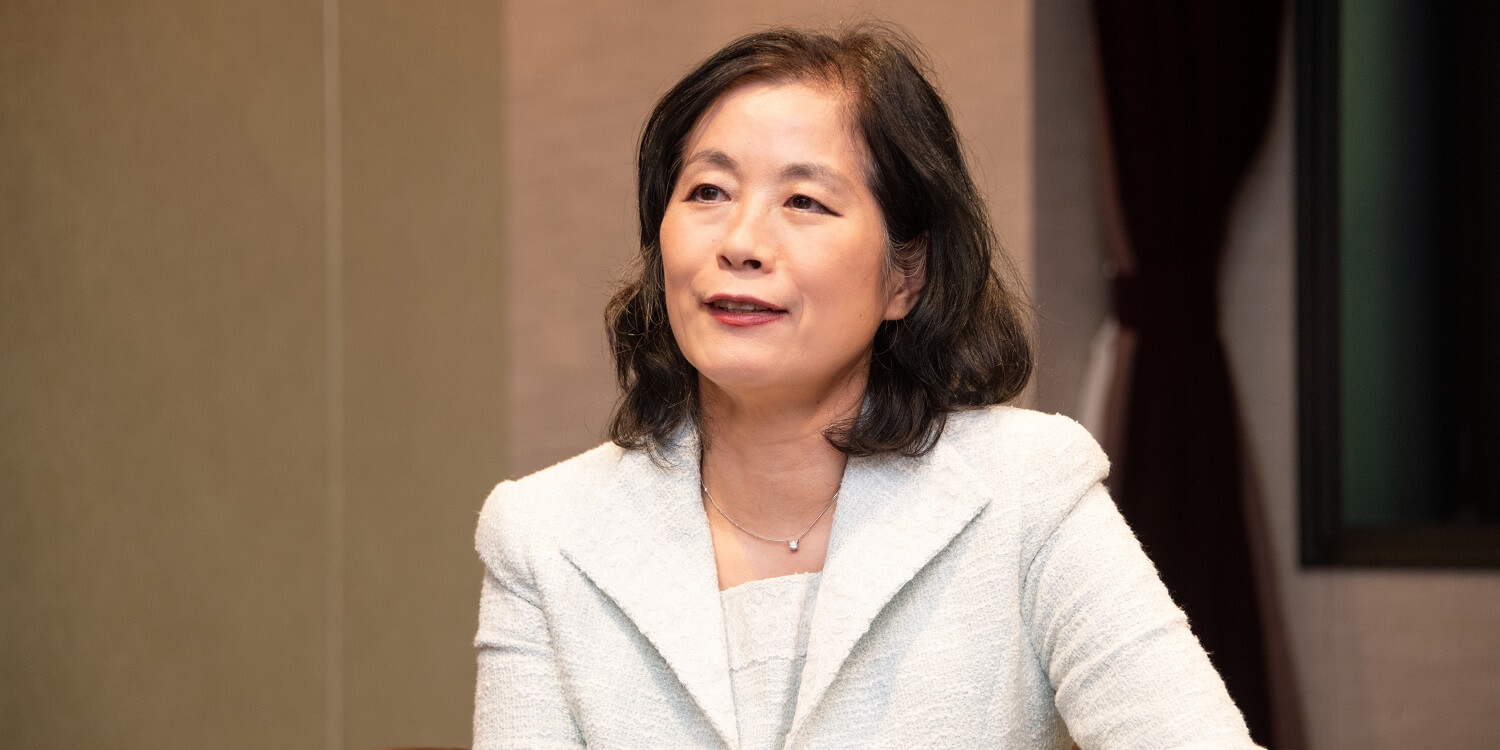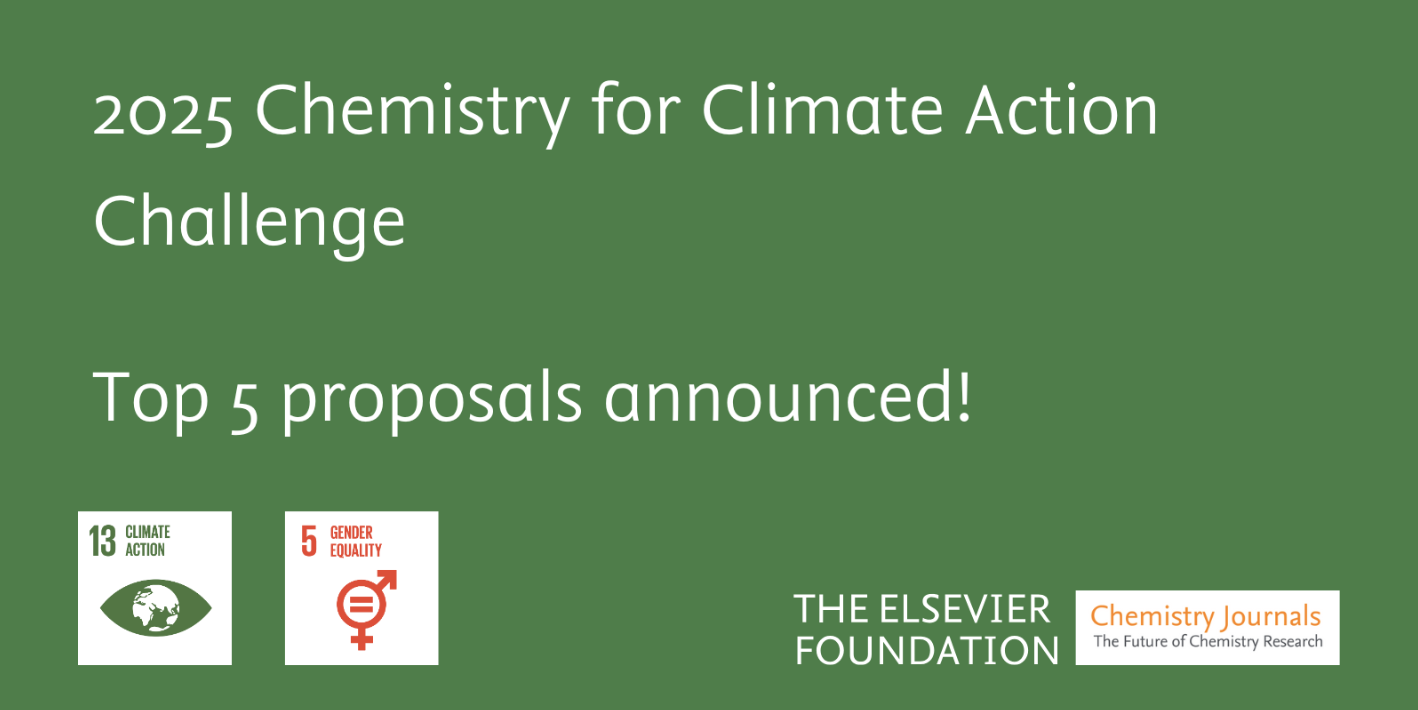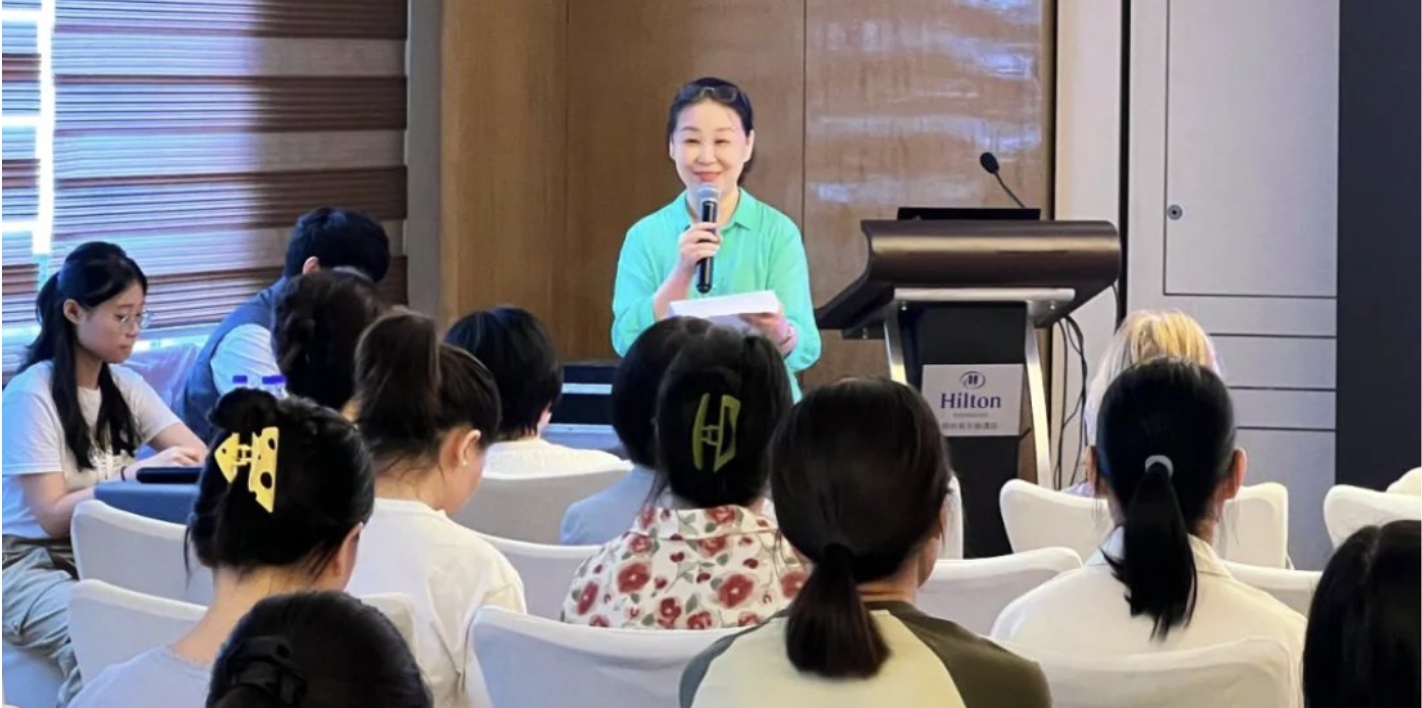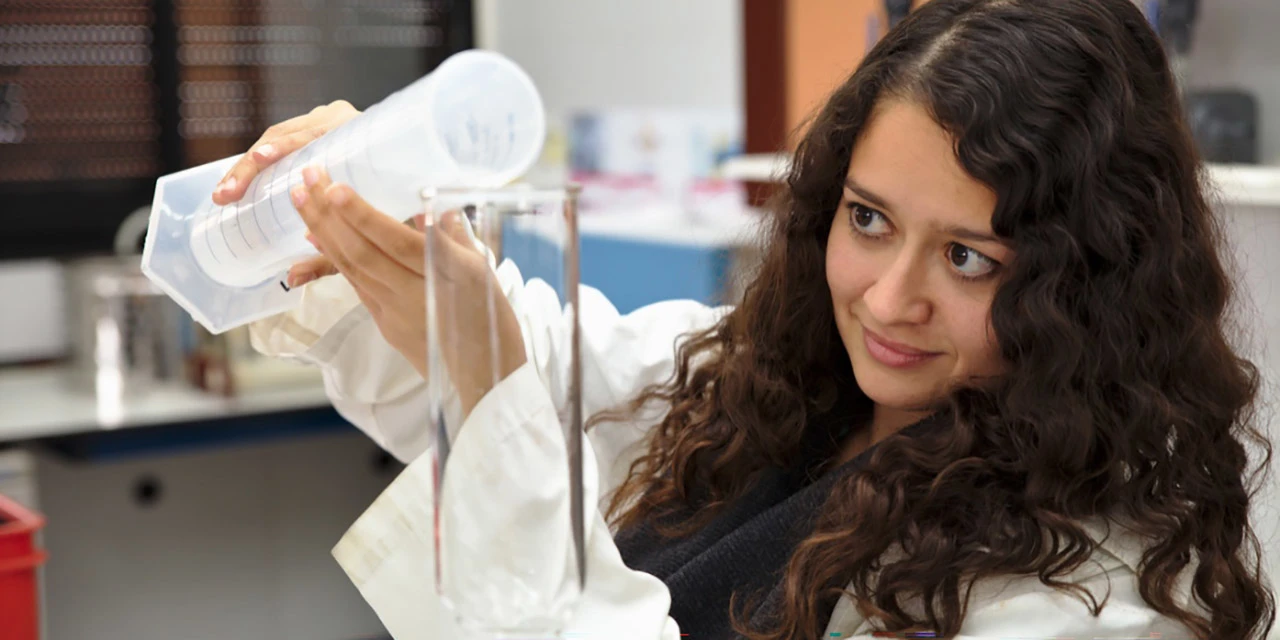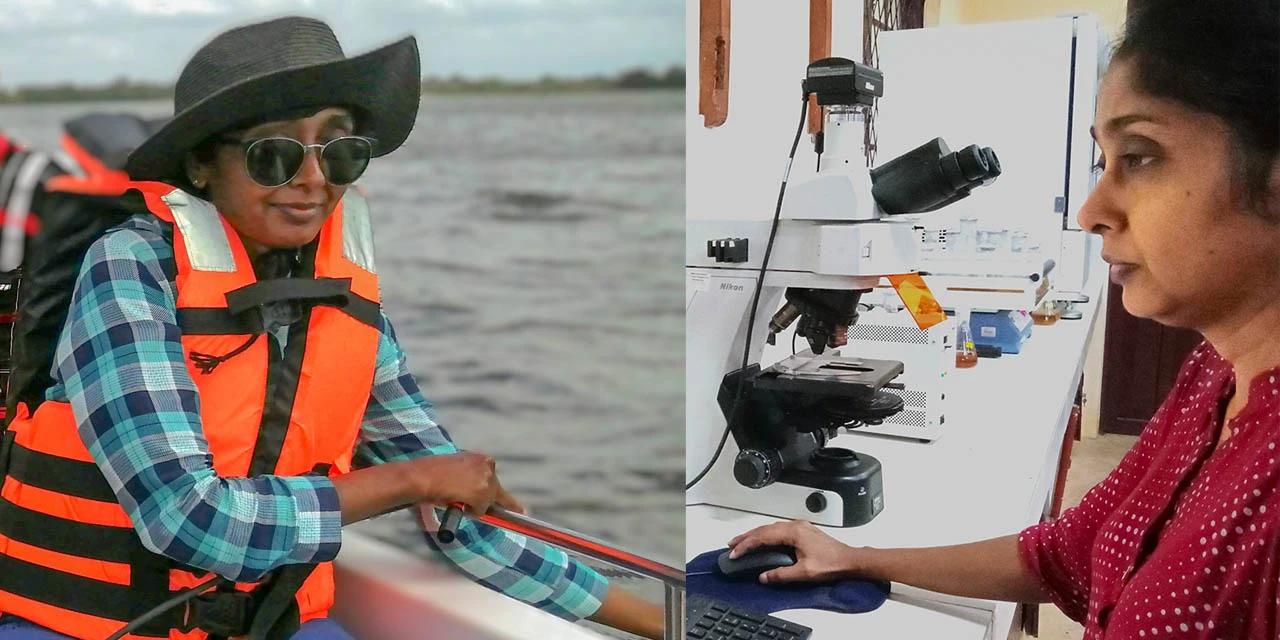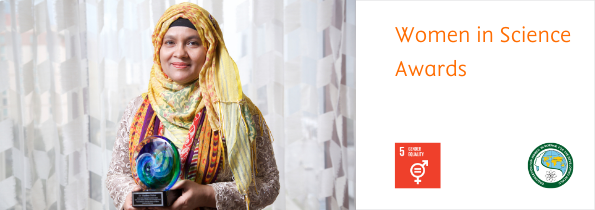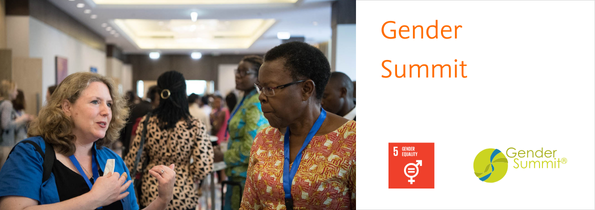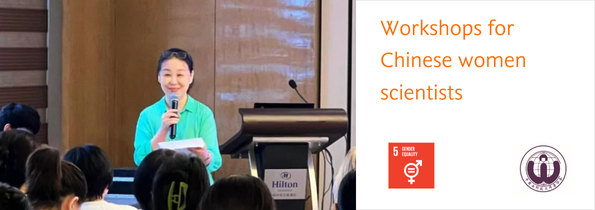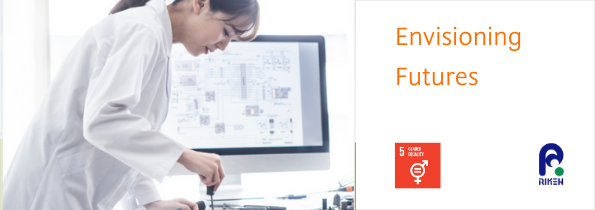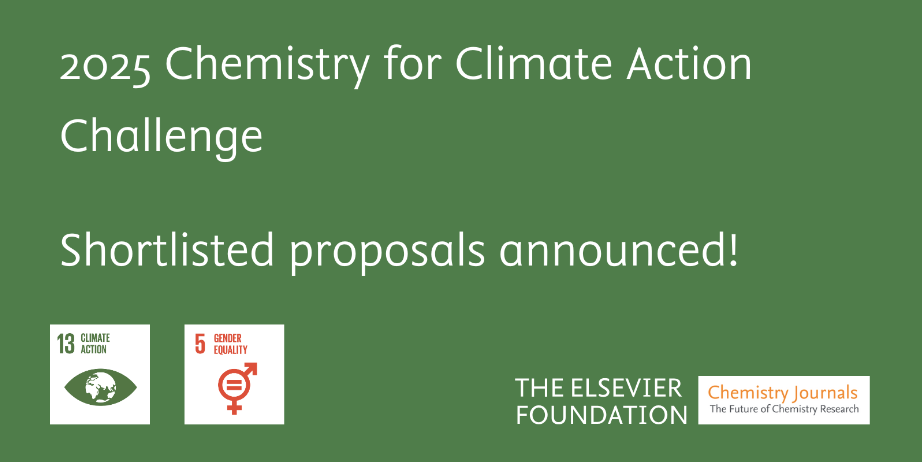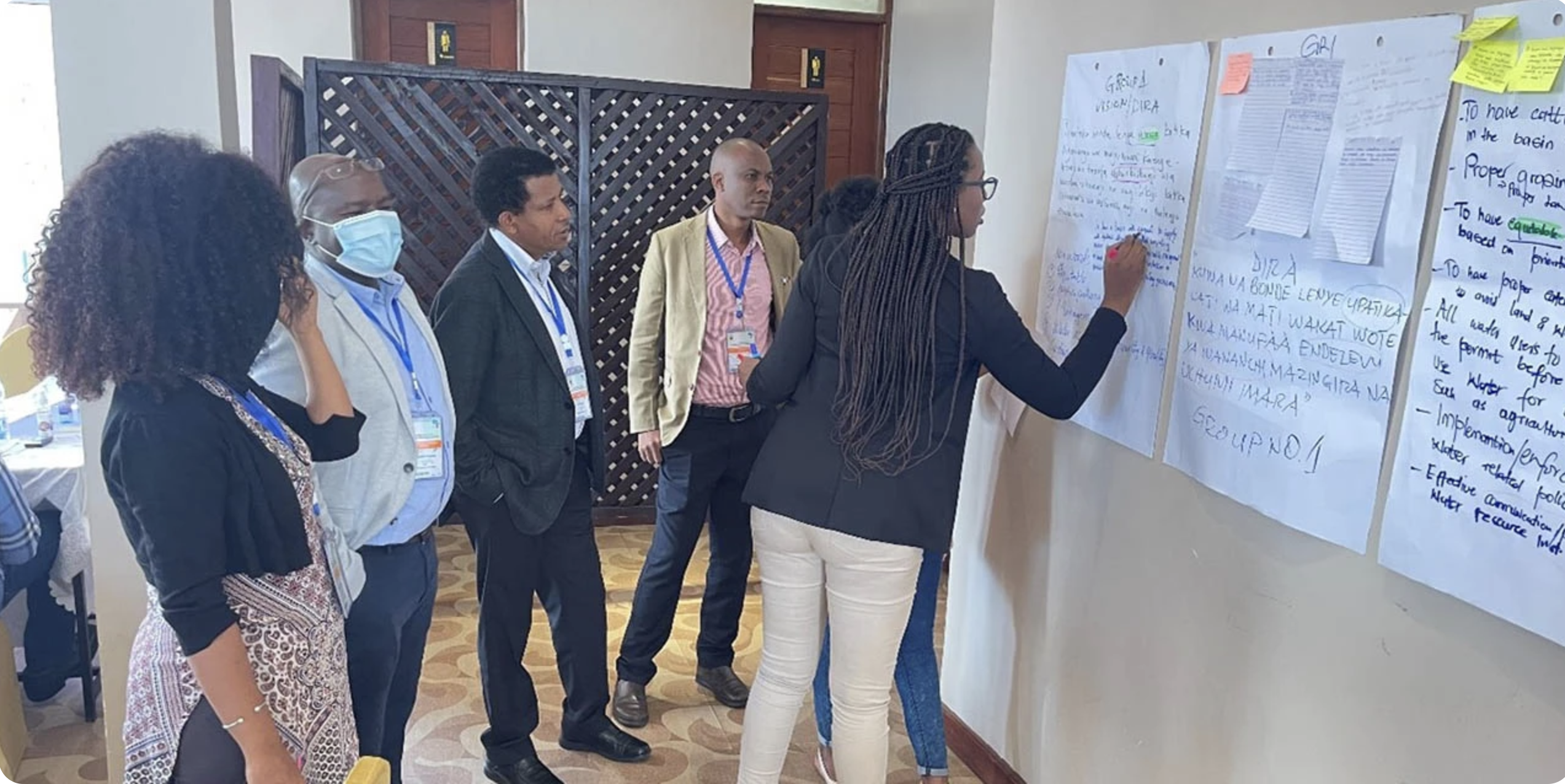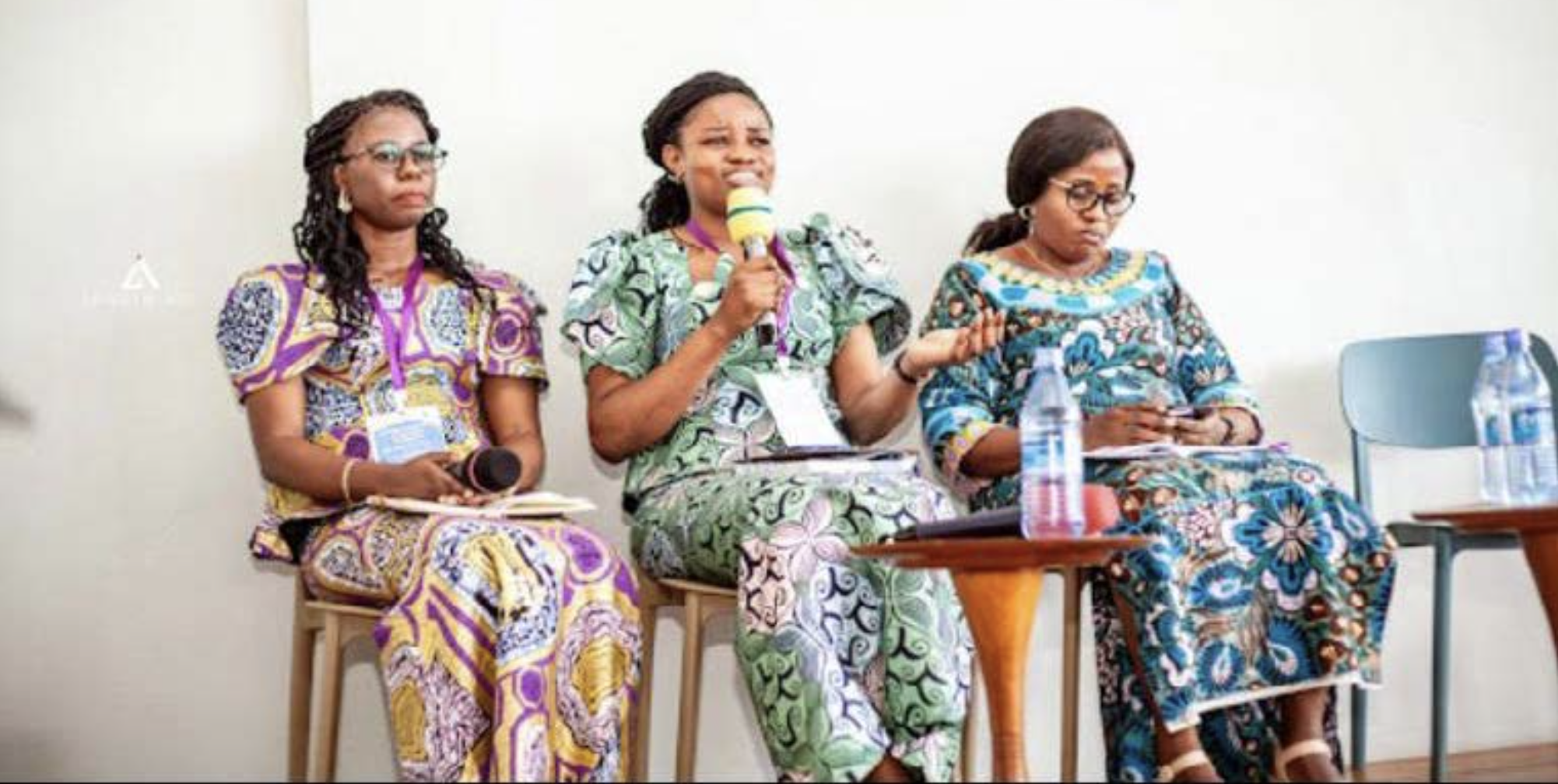Our partnerships support organizations working to improve health outcomes in communities around the world, advancing the delivery of health equity for all.
Early-career researchers
Click on the images for more information
OWSD-Elsevier Foundation Women in Science Awards
Since 2012 the OWSD-Elsevier Foundation Awards for Early-Career Women Scientists in the Developing World recognize the achievements of researchers who have made significant contributions to the advancement of scientific knowledge.
Falling Walls Foundation: Female Science Talents
The program promotes young talented women, supporting them to make the transition from science to industry, offering them an international stage at the FW Science Summit, and providing networks to help them be visible and recognized.
Portia: Gender Summit
The aim of the partnership is to advance women, equality, diversity, and inclusion (EDI) in the science enterprise, promote gender-sensitive approaches to the implementation of all SDGs, and help make impact through collaborative actions.
CWAST: Supporting Women Scientists in China
This project aims to empower early career women researchers in China by offering networking opportunities, international resources and training sessions in the industry-specific and localized workshops for women in science.
RIKEN: Envisioning Futures
By interviewing women PIs in Japan, formalizing and disseminating their experiences, the project aims to accelerate the development of early-career women researchers aiming for leadership positions.
Early-career librarians
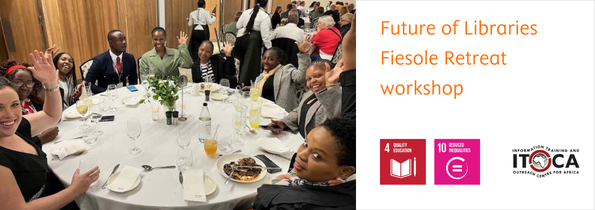
Future of Libraries. ITOCA: Fiesole Retreat workshop
This initiative provides travel grants and workshops at the Fiesole Retreats, allowing early-career librarians from Africa and other low- and middle-income regions to access valuable professional development opportunities.

Future of Libraries. NUS: Building capacity with early-career professionals
Along with NUS Libraries, this initiative equips underrepresented early-career librarians from the ASEAN region with essential skills to better support research and education.

Future of Libraries. ACRL: Bridging the Gap — An AI Community of Practice
In partnership with the Association of College & Research Libraries (ACRL), this program enables librarians to extend AI knowledge and skills within their institutions and communities.
Climate Action & Research in the Global South
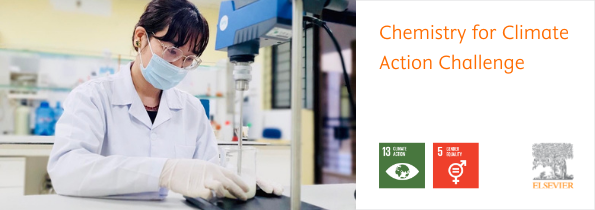
The Elsevier Foundation Chemistry for Climate Action Challenge
The Chemistry for Climate Action Challenge awards projects that use green and sustainable chemistry solutions to tackle some of the Global South’s greatest challenges — supporting UN SDG13, Climate Action.
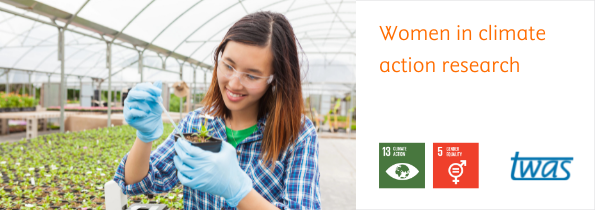
TWAS: Climate Women
To support action-based projects with a direct impact on society, the World Academy of Sciences provides research grants for projects led by women scientists that address concrete problems in climate change through collaboration and interdisciplinary research.

Research4Life: Country Connectors
The Country Connectors program aims to address the need for local interventions to heighten awareness and strengthen capacity of information use and management, as well as build communities of evidence users within national and regional settings.
INCLUSIVE RESEARCH News
